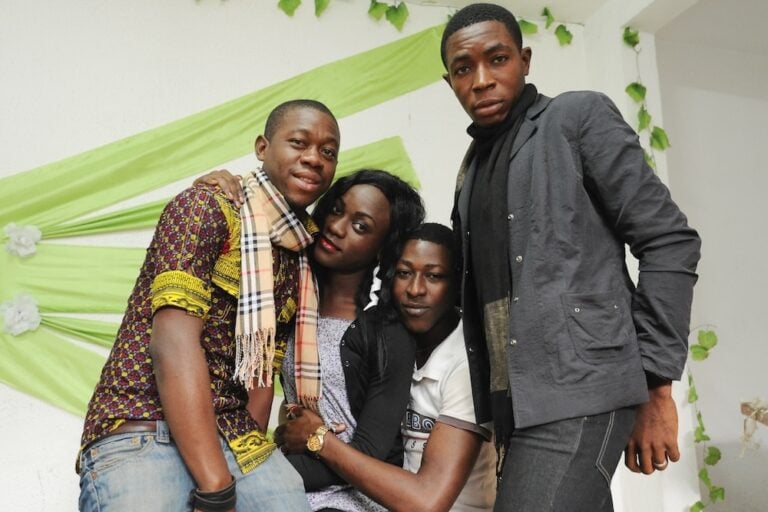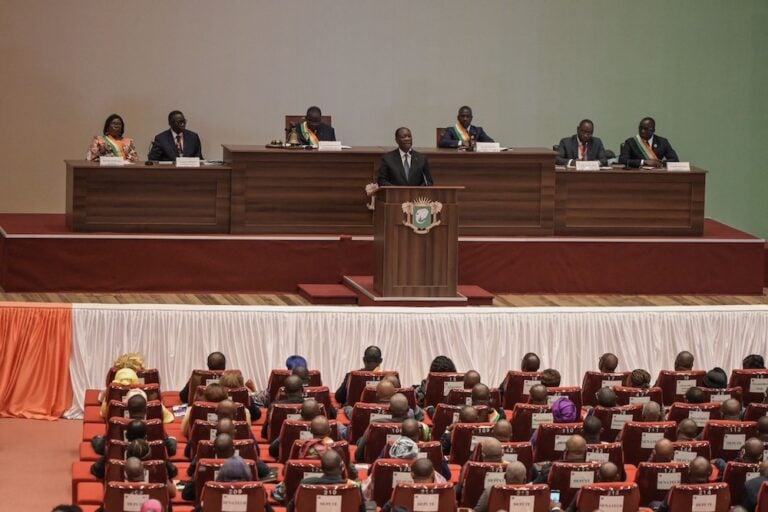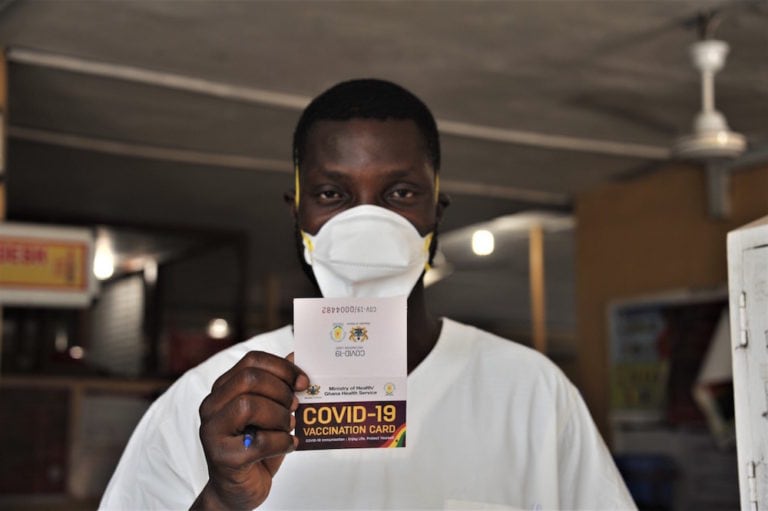Members of the Security Operations Command Centre turned their Kalashnikovs on a France 2 crew, who were forced to lie on the ground while their equipment was taken.
(RSF/IFEX) – 17 December 2010 – Reporters Without Borders is extremely concerned about the consequences for journalists of the fight for control of state television and the media in general being waged by the supporters of Laurent Gbagbo and the ones of Alassane Ouattara.
“We are very worried about the situation in Côte d’Ivoire,” Reporters Without Borders said. “The violent dispersal of yesterday’s demonstration unfortunately caused casualties and we hope that any resumption of hostilities does not target journalists.”
The press freedom organisation added: “We deplore the fact that the authorities are treating journalists as undesired witnesses and are trying to prevent them from covering what is going on. We also deplore the fact that they are reducing the news coverage available to Ivorians by banning the opposition media after already suspending international broadcast media.”
Incidents during march on state TV headquarters
Many incidents involving the media took place during yesterday’s march by Ouattara supporters on the Abidjan headquarters of the state-owned broadcaster Radio-Télévision Ivoirienne (RTI) in an attempt to install new managers appointed by Guillaume Soro, the prime minister of the government formed by Ouattara.
Securing forces loyal to Gbagbo threatened French TV crews covering the march. Members of the Security Operations Command Centre (CECOS) turned their Kalashnikovs on a France 2 crew, who were forced to lie on the ground while their equipment was taken. Live rounds were used to disperse a France 3 crew, who sustained no injuries or damage.
Alassane Kanaté, a freelance cameraman working for the French 24-hour satellite news channel France 24 was arrested at a military roadblock and taken to police headquarters in the Abidjan district of Plateau, where he was held overnight and mistreated. He was receiving treatment in an Abidjan hospital this morning. At least three journalists were arrested during the march.
Opposition press targeted
Members of the Republican Guard meanwhile raided the Sud Actions Médias and Olympe printing presses yesterday into order to prevent them from printing the independent daily L’Intelligent d’Abidjan and six opposition newspapers: Le Patriote, Le Nouveau Réveil, L’Expression, Nord-Sud, Le Mandat and Le Démocrate. Sud Actions Médias refused to print two pro-Gbagbo newspapers, Le Nouveau Courrier and Le Temps, in protest. The Republican Guard also ordered the distributor Presstalis not to distribute any opposition newspapers.
During a visit to RTI on 14 December, Gbagbo’s new communication minister, Ouattara Gnonzié, issued a warning to media that are not supporting his government. “I am going to meet with the privately-owned media,” he said. “They may be privately-owned, but they have a duty to respect our country’s laws and constitution. Reporting alarming and false information, which depresses and discourages the public, is against the law. This must stop as soon as possible.”
Members of Gbagbo’s press office, his new minister of youth, labour and public health, Charles Blé Goudé, and Gen. Bruno Dogbo Blé, the head of the Republican Guard, are among the government officials who have banned opposition newspapers in an illegal manner.


